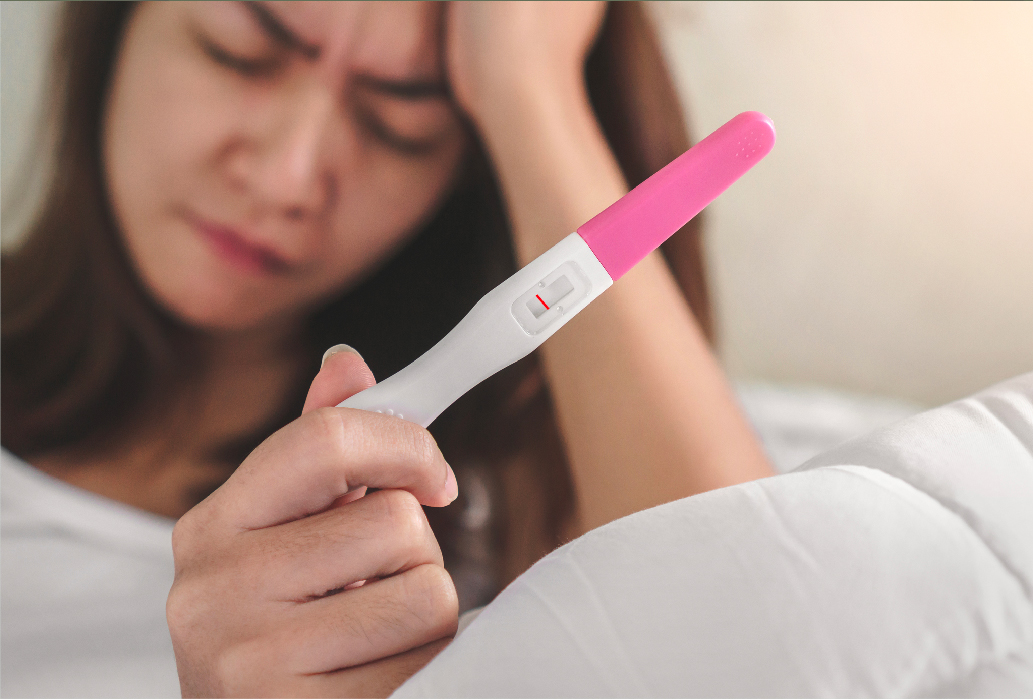Infertility is more common than many realise and identifying the underlying causes are key to determining the right treatment. Here, we discuss the various fertility screenings and tests available.
What Is Infertility?
Infertility is defined as the condition in which a couple is unable to conceive after 12 months of regular sexual intercourse without using contraception. This condition may be due to either male or female factors, or both.





